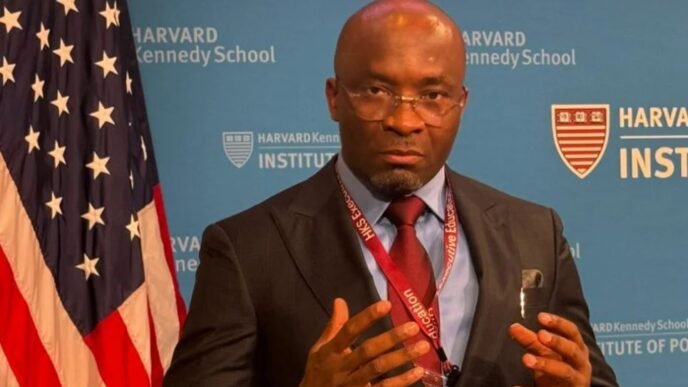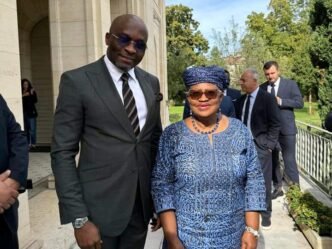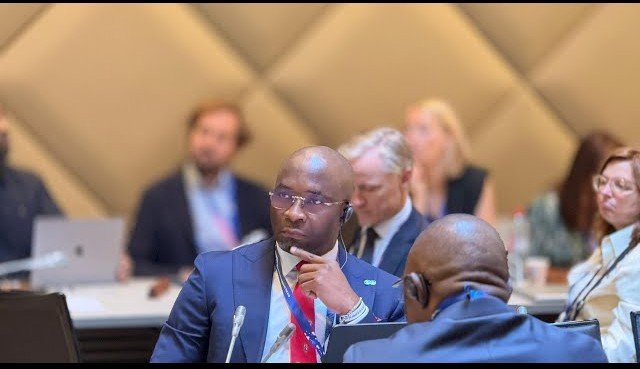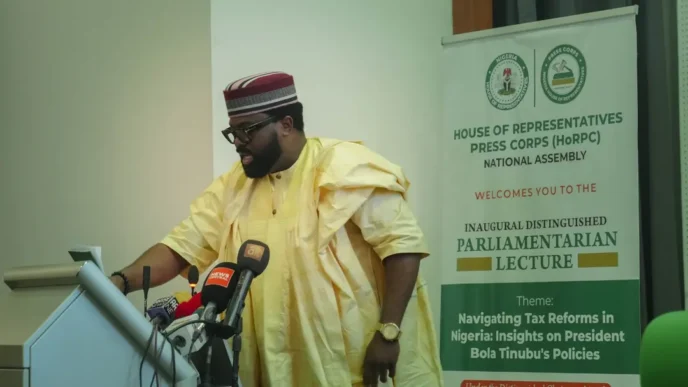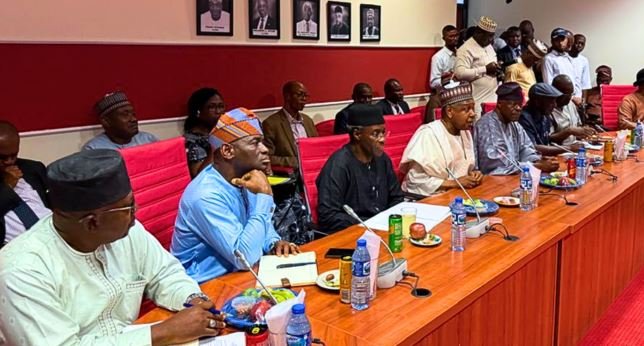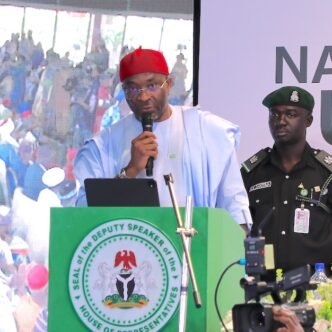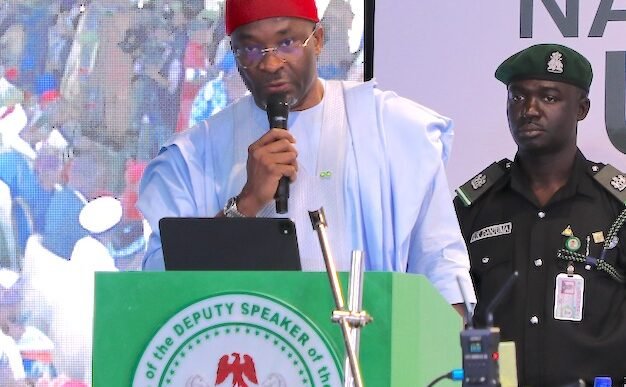HB.2032-A Bill for an Act to Provide for the Establishment of Federal University of Oil and Gas Technology, Igbokoda, Ilaje Local Government Area, Ondo State and for Related Matters. Bill sponsored by Hon. Donald O. Ojogo. Bill Progress: Second Reading.
In a significant move towards enhancing the educational landscape and technical capacity of Nigeria’s oil and gas sector, the House of Representatives has begun deliberations on a legislative proposal aimed at establishing a specialized educational institution. The bill, known as HB. 2032, entails the creation of the Federal University of Oil and Gas Technology located in Igbokoda, Ondo State. Sponsored by Hon. Donald O. Ojogo, the bill outlines a comprehensive legal framework that seeks to empower the institution to play a pivotal role in the nation’s development.
The Federal University of Oil and Gas Technology is envisioned as a key player in cultivating a skilled workforce. As the largest oil producer in Africa, Nigeria grapples with a critical shortage of trained professionals in the oil and gas industry. The bill’s primary objective is not just the establishment of an institution but also the systematic training and development of graduates, professionals, technicians, and craftsmen who will be equipped to meet the demands of this vital sector. The emphasis on human capacity development reflects the understanding of the integral role that education plays in unlocking economic potential.
One driving factor behind the proposal is the pressing need to address existing skills gaps within the industry. Currently, many oil and gas operations in Nigeria rely heavily on foreign expertise, which can lead to a dependency that stifles local innovation. By providing specialized education and research opportunities, the advocated university aims to create a homegrown talent pool capable of managing and advancing Nigeria’s oil and gas technology landscape. This move is likely to not only enhance local expertise but also contribute to national self-sufficiency.
Moreover, the location of the university in Igbokoda, a significant area within the Ilaje Local Government of Ondo State, is a strategic decision that aligns with the government’s aim to develop local content in the oil and gas sector. By situating the institution in an oil-producing region, the bill anticipates significant benefits for the host community. Residents will have greater access to higher education tailored specifically to the industry that forms the backbone of their local economy. This localized approach ensures that indigenes are not only participants in the sector but are also equipped to take on leadership roles as skilled professionals.
Economic growth is another anticipated outcome of the establishment of the Federal University of Oil and Gas Technology. The institution is expected to act as a catalyst for development in Igbokoda and its surroundings, creating job opportunities that extend beyond academia. With a focus on research and innovation, the university has the potential to attract investments that can bolster the local economy. As research initiatives progress, they could lead to the development of new technologies and the enhancement of existing processes in the oil and gas sector, further positioning Nigeria as a competitive player on the global stage.
As the bill advances through the legislative process, it has garnered both support and scrutiny. Having successfully passed its second reading in the House of Representatives, it is poised for further consideration. Advocates for the bill argue that its unique focus on oil and gas technology, especially in a region where these resources are abundant, justifies its establishment. These supporters believe it will fill a crucial void in specialized education that is currently unmet by existing institutions.
However, the proposal is not without its critics. Some detractors express concern that the new university may be an unnecessary duplication of existing educational programs. They point to institutions like the Federal University of Petroleum Resources, Effurun, which already offer similar courses and training. These concerns highlight the importance of ensuring that new initiatives complement rather than compete with existing educational frameworks, particularly in areas where resources are finite.
In response to the debate surrounding the potential overlap with other universities, proponents of HB. 2032 emphasize the distinctive nature of the proposed institution. It is designed not only to cater specifically to Igbokoda but also to foster industry-specific research that can drive innovation in oil and gas technology. In this context, the university is seen as an essential step in fortifying the country’s educational infrastructure in relation to its natural resources.
As discussions continue, the fate of the Federal University of Oil and Gas Technology remains to be seen. The implications of this bill extend beyond mere institutional establishment; it represents a vision for a prosperous, self-reliant Nigeria that leverages its rich natural resources through homegrown expertise. By empowering local talent and enhancing education within the oil and gas sector, the bill aims to address critical issues of development, economic empowerment, and national pride.
The success of HB. 2032 could signify a transformative approach to education in Nigeria, one that resonates with the demands of the modern workforce while aligning with national economic goals. As it moves toward potential enactment, the conversations and reflections surrounding this initiative will undoubtedly shape how Nigeria approaches education and industry collaboration moving forward.



